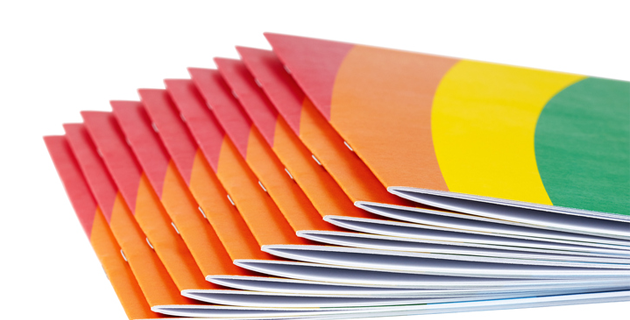Vaccination Services
NIP Vaccinations in Pharmacy
The National Immunisation Program Vaccinations in Pharmacy (NIPVIP) Program allows eligible patients to access free National Immunisation Program (NIP) vaccines in a community pharmacy, with no out-of-pocket costs.

Find a Pharmacy
Discover the wide range of services your local pharmacy is offering and sign up to learn what new services are coming to your area.
Book your vaccinations directly with participating pharmacies.
Scope of Practice
Pharmacists are stepping up to provide more services as they progress toward full scope. Learn more about progress across Australia.
History of Pharmacy Vaccination Services
Since well before the publication of the Community Pharmacy Roadmap in May 2010 the Guild has been actively working on expanding pharmacists professional activities in the delivery of services to improve the health outcomes of all Australians. The Guild has always seen pharmacist vaccination as an opportunity for innovation in community pharmacy health service delivery.
On 5 December 2013, the Pharmacy Board of Australia announced that vaccination was within the current scope of practice of pharmacists. This statement followed work undertaken on its behalf by the then Advanced Pharmacy Practice Framework Steering Committee and with consultation with the Guild.
The Queensland Pharmacist Immunisation Pilot (QPIP) Phase 1 operated from 1 April 2014 to 30 September 2014 in 80 pharmacies and saw 10,889 influenza vaccines delivered, demonstrating that community pharmacy is well placed to improve vaccination rates. Almost one in five people vaccinated in the QPIP Phase 1 trial had indicated that they would not otherwise have been vaccinated and one in seven said it was the first time they had been vaccinated for influenza. The QPIP Phase 2 trial operated from March 2015 to April 2016 and was expanded to include measles and pertussis in 200 pharmacies.
Since early 2015, appropriately trained pharmacists in South Australia and Western Australia have been administering approved vaccines. Since 2016, appropriately trained pharmacists in Tasmania, ACT, NSW, QLD and Victoria can administer approved vaccines

